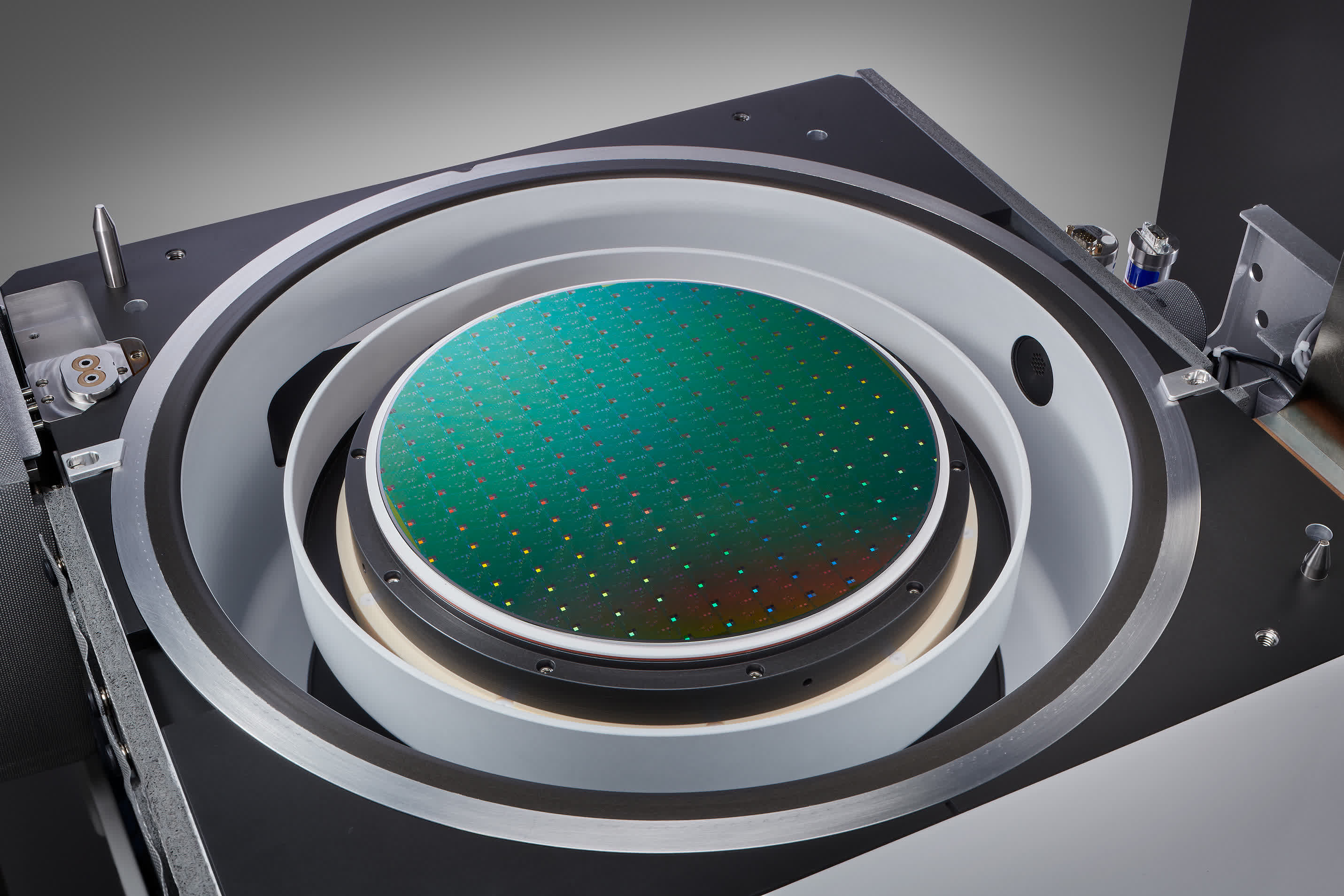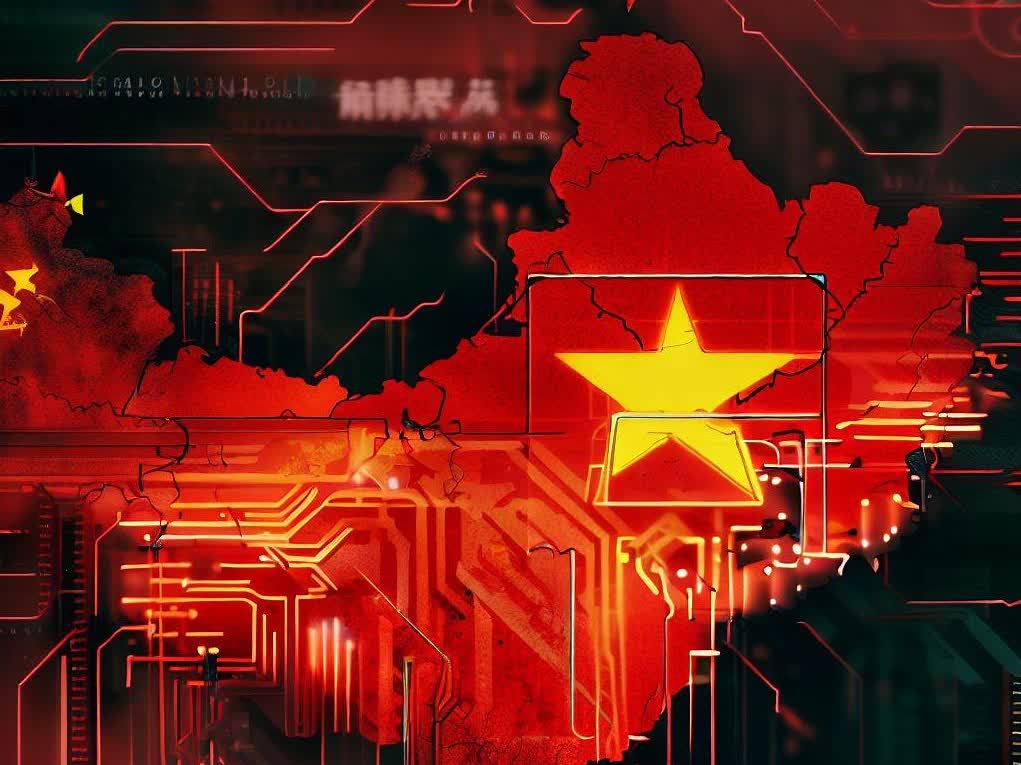What just happened? Last month's report that the US government was planning to restrict critical investments in China has proved accurate after President Biden signed an executive order introducing the ban. As with the chip-related sanctions, the government said the move will prevent China from improving its military, developing advanced weapons, and undermining US security - using money from US investors.
The order authorizes the US Treasury to limit or prohibit US investment in three areas of Chinese development: semiconductors, artificial intelligence, and quantum computing. The restrictions will apply to "narrow subsets" of these areas, though the administration never went into detail about what these might be.
Reuters writes that the measure targets private equity, venture capital, joint ventures, and greenfield investments.
The US has been hitting China with semiconductor-related sanctions for a long time. New rules were introduced in August last year that restricted the export of chipmaking tools to China.

October saw more US sanctions introduced. These restrict shipments of American-made electronics or other items that China could use to create chipmaking tools or equipment. They also prevent non-Chinese companies in other countries from using American equipment to service Chinese customers unless granted a license by the US. In January, the Netherlands and Japan agreed to join the States in the restriction of chipmaking-tool exports.
Current US investments in China are not expected to be affected, though details of past transactions might be demanded. The treasury added that it expects certain transactions will be exempt, including those in publicly traded instruments and intracompany transfers from US parents to subsidiaries.
Biden said in a letter to Congress he was declaring a national emergency to deal with the threat of advancement by countries like China "in sensitive technologies and products critical to the military, intelligence, surveillance or cyber-enabled capabilities."
The measures are expected to be introduced next year following several rounds of public comment, including an initial 45-day comment period.
China, of course, is not happy about the new rules, saying it is "gravely concerned" and reserves the right to take measures. It warned that the US order undermines the international economic and trade order and damages the economic and commercial interests of American companies themselves. A spokesman for the Chinese embassy in Washington said more than 70,000 U.S. companies do business in China.
Back in June, Nvidia warned that increased restrictions on the export of AI chips to China would hurt its future growth and could result in a permanent loss of opportunity for the US industry to compete in one of the world's largest markets.
The Chinese government previously promised to retaliate if the Biden administration imposed new limits on technology and capital moving into the country. Back in July, China announced new controls on the export of gallium and germanium, two metals that are vital parts of the semiconductor, telecommunications, and electric vehicle industries.
